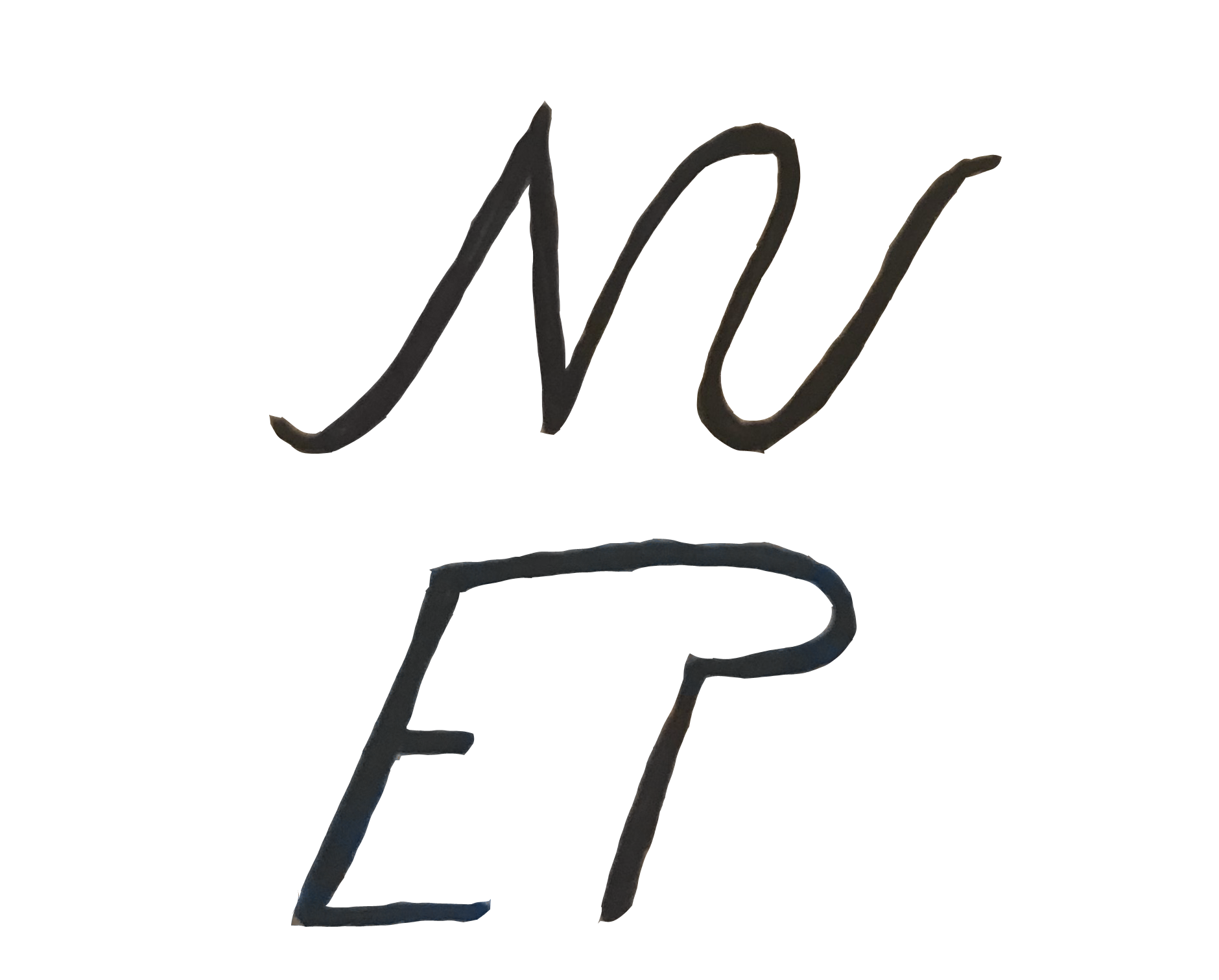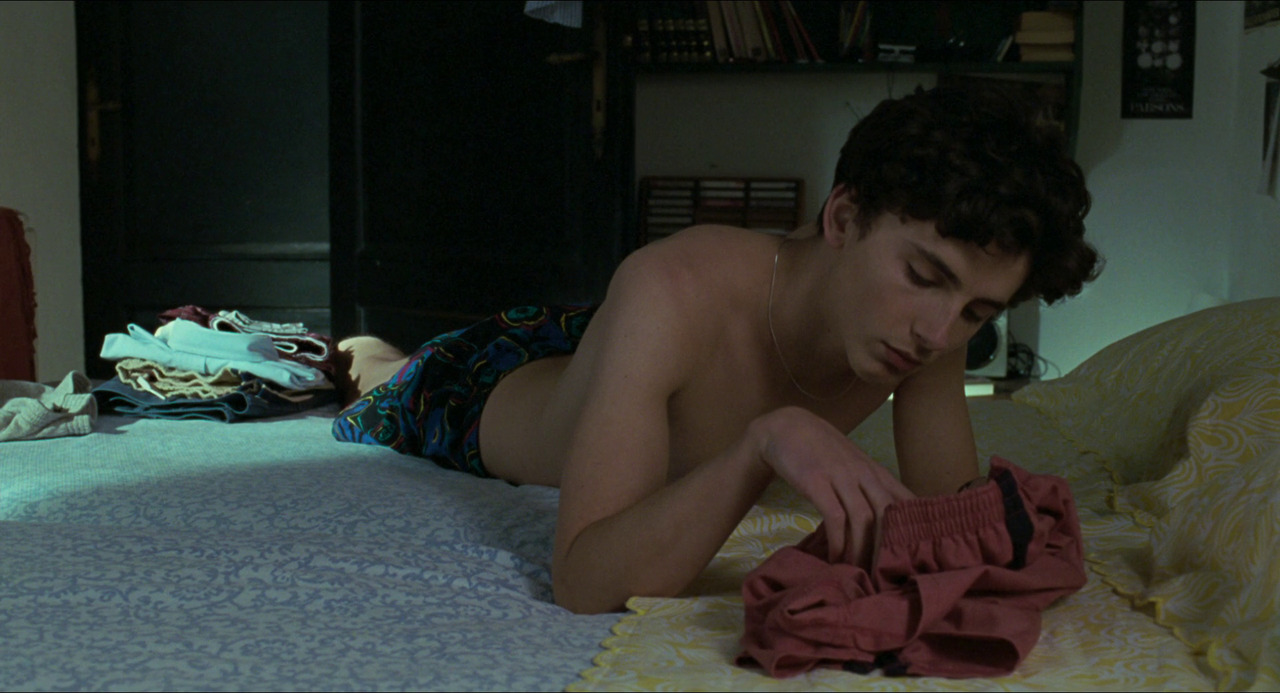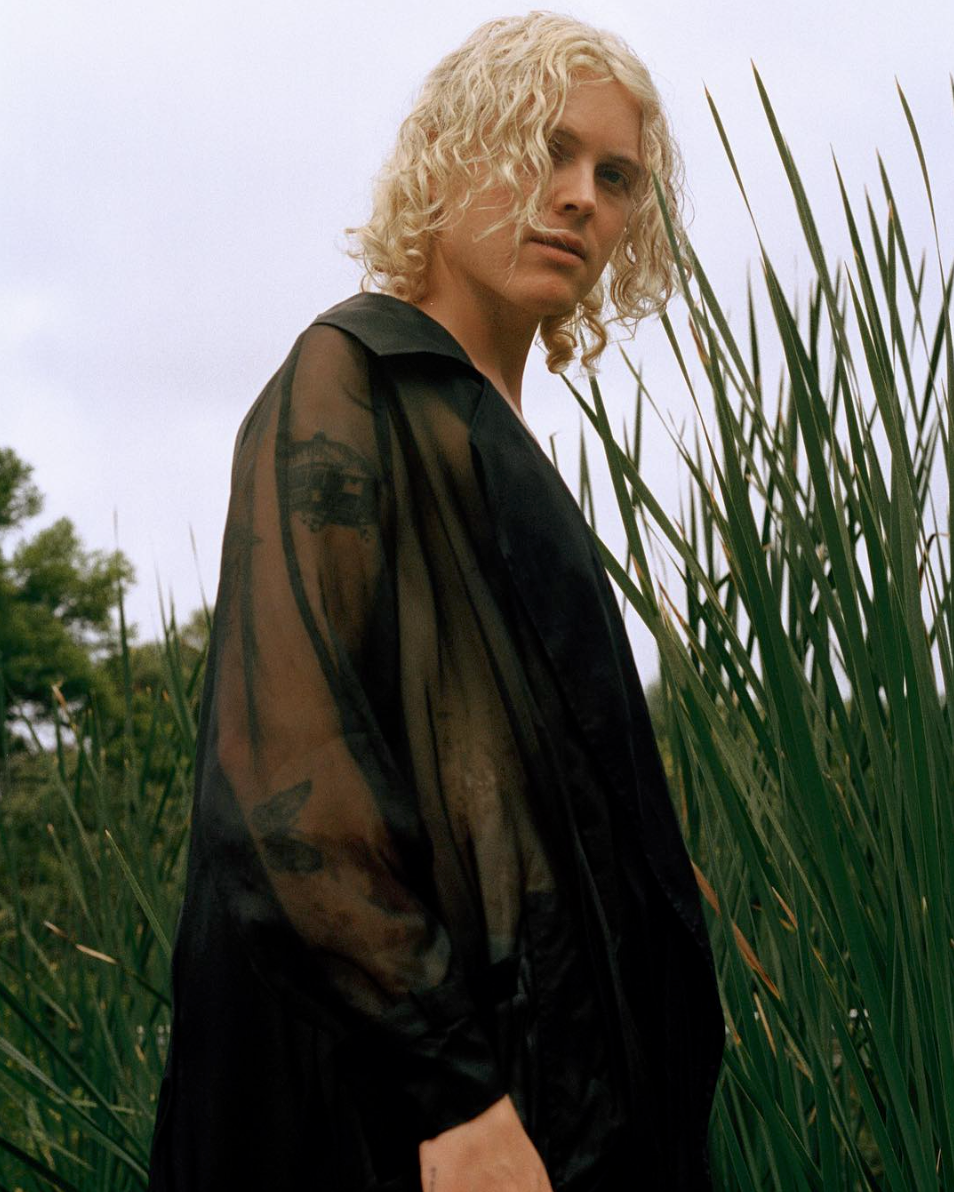Pride: Watch, read, listen
The year is 2019, yet there are still 72 countries in which gay relationships are criminalised, and only a couple of weeks since the homophobic attack on two women on a London bus shocked the world. Pride was celebrated for the first time in 1970 in New York, but reamins an important month in the calander to this day as it makes sure to put the spotlight on the debate around the injustices and misconceptions that LGBT+ people have suffered from throughout history and the issues they still face today.
To fight prejudice and homophobia, making room for LGBTQ+ stories and experiences is essential every day of the year, but Pride is a perfect reminder to expand your understanding, whether you are an ally or a part of the community yourself.
Not sure what to do in particular to boost your awareness? Here is a list of things to listen to, watch and read for Pride month to help you do exactly that.
Watch
If you watch one crowd favourite this month: Call me by your name
Set in: 80’s. Release date: 2017.
Quote: “Is it better to speak or die?”
Call me by your name takes place in Italy, where we meet the 17 year old Elio. The movie revolves around his romance with the older American, Oliver, who is staying with Elio’s family for the summer. Each frame is a work of art, bringing you along on a journey to rural Italy, where philosophy, apricots and more than a summer fling is combined. Even at its most heartbreaking and nerve-racking moments, you cannot help but appreciate the constant undertone of harmony. 132 minutes, each one just as beautiful and balanced. The chemistry between Elio and Oliver is pure, yet it gives a raw impression of the emotional challenges teens face in regards of figuring out exactly who they are supposed to be and what they want, no matter the sexuality. The homosexual experiences are an important aspect of movie, but somehow they do not feel like the sole storyline of the movie. More storylines like this one, where a sexuality is just another part of the character’s existence, not the entire plot, belongs in the future of cinema and literature.
If you watch one international film this month: Thelma
Set in: The present. Release date: 2017.
Quote: “Why can’t I just be myself? Why isn’t that possible?”
“Lord, save me from these thoughts.” we hear Thelma say as she prays with tears in her eyes. Thelma has been praised for offering a less stereotypical portrayal of lesbian relationships, and for discussing issues within the LGBT+ community with a creative approach. It captures the difficulties and delicateness of dealing with religious beliefs and coming to terms with a sexuality that does not coincide with the rest of your identity. It is a story of yearning, disbelief, suspense and tenderness. You can also expect artistic visuals, like blood drops colouring spilt milk and a wooden boat catching fire on a still sea.
If you watch one classic film this month: Carol
Set in: 50’s. Release date: 2015.
Quote: “But there was not a moment where she did not see Carol in her mind, and all she saw, she seemed to see through Carol.” / From the novel.
New York. 1950’s. Elegant and slow-paced. One of those movies that are perfect to watch in bed on a rainy Sunday morning. Cate Blanchett does a beautiful job at portraying the longing her character, Carol, have for the women around her (and one aspiring photographer in particular). The movie does a good job at underlining the absurdity of not accepting same sex relationships: It is a story about a woman leaving an unhappy marriage behind, and finding the love that she has been missing, but then being deprived of that happiness solely because of the genders involved. You are left with a feeling of frustration and the question: Why would anyone try to prevent love?
Read
If you read one historical book this month: Giovanni’s room
Set in: 50’s. Published: 1956.
Quote: “With everything in me screaming No! yet the sum of me sighed Yes.”
Giovanni’s Room is an essential part of LGBT+ literature and it is the story of how one man’s frustration and shame over his feelings towards other men, become entwined with his identity. Unlike most stories of homosexuality in the 1950’s, Giovanni’s room stands out, as it is written in the same time period as it is set in. It also stands out because it is a story about homosexuality told by a queer author. In this way, the book offers a direct glimpse into some of the difficulties queer people faced in the 50s, while expolring emotional struggles that still feel very current. It is packed with poetic and philosophical thought streams about the poignant battle between wanting something and hating oneself for wanting it. The result is a complex representation of queer history.
If you read one short story this month: The way we live now
Set in: Early 80’s. Published: 1986.
Quote: “Everyone is at risk, everyone who has a sexual life, because sexuality is a chain that links each of us to many others, unknown others, and now the great chain of being has become a chain of death as well.”
The way we live now is a short story written by Susan Sontag and was first published in 1986. The story is made up of an abundance of different voices, but hardly any description of the characters behind the voices. However, one thing is certain: It is the 80s and they all have a different relation to an aids-patient. The reader never hears from him directly, but he is constantly discussed. It is a noteworthy piece of queer literature, as it highlights the way queer people lost their voice in the chaos caused by the disease, and the alienation they experienced when people blamed the disease on homosexuality.
If you read one crowd favourite this month: Simon vs the Homo Sapiens Agenda
Set in: Present. Published: 2015
Quote: “Being secure in your masculinity isn’t the same as being straight.”
While many works of LGBT+ literature paint a gloomy picture of the queer experience, Simon VS the Homo Sapiens Agenda expresses optimism about gay relationships. The protagonist is not ashamed of his sexuality, nor has he ever doubted it. But he does fear that the people around him will look at him differently once they become aware of his sexuality. The book was published in 2015 and reflects serious obstacles related to being queer in today's society while being humoristic and optimistic throughout its entirety.
Listen
If you listen to one album this month: Cub sport by Cub Sport
Medium: Trans-dimensional genre-queer pop.
Quote: “I’m trying to be honest/ And live diliberaley/ But my mind’s so scattered/ With different parts of me.”
Cub Sport started as a local indie band in Brisbane but has boosted in popularity this year. After dropping their most successful album “Cub Sport” in 2019, they have been touring both Australia and Europe. The band is made up of only queer artists: Tim Nelson, Sam “Bolan” Netterfield, Zoe Davis and Dan Puusaari. Their music focuses on Netterfield and Nelson’s love story: How they first met at the age of 17, the denial of their sexuality, and how that later turned into a marriage. They have made it their goal to promote love in all its forms through their music.
If you listen to one podcast this month: Testosterone
Medium: Podcast. Episode220.
Creator: This American Life
Quote: “When you have no testosterone, you have no desire. And when you have no desire, you don't have any content in your mind. You don't think about anything.”
Testosterone is a one-hour-long episode of the podcast This American Life. The episode is divided into four acts, all sharing a common theme: Testosterone. Part one delves into what it is like to lose all your testosterone. The second part focuses on one woman’s experience with being injected with several times the testosterone that most men have. Next, the radio staff gets their testosterone levels tested to see if the levels match the expectations they had based on personality traits. Lastly, a mother interviews her teenage son about what it means to be a boy. The result is an insightful podcast-episode that explores how hormone levels affect us and how gender is defined. Although this podcast does not directly discuss queer sexualities, it offers useful insight to how changes in hormone levels affect us.
If you watch one Ted Talk this month: Becoming him
Medium: Ted X Talk.
Creator: Chella Man
Quote: “The next time someone asked me ‘boy or girl'?’, I said ‘or’.”
Chella Man is a genderqueer artist, who rose to fame on social media, after opening up about his experience with top surgery as well as documenting the way testosterone injections changed his body over time. His TED Talk Becoming him acts as an informative seven-minute crash-course in the relationship between gender and identity. He covers what it means to be genderqueer and his journey of searching for terminology that described his experience: “To become me, the man I am today, I had to make several realizations. The first being that I am transgender. The second - leaning the correct terminology to describe myself authentically. And the third - realizing the difference between presentation and identification.”














